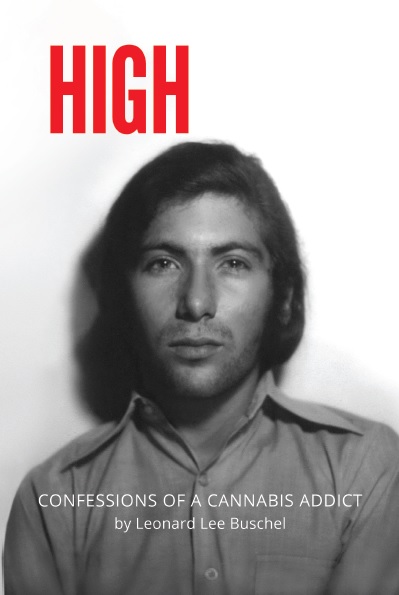The bad news is Aerosmith canceling shows for its frontman’s rehab. The good news is the lack of backlash. Steven Tyler
On May 24, the Hall of Fame rock band Aerosmith made a sad surprise announcement: its lead singer, Steven Tyler, had relapsed after more than a decade of sobriety. Tyler’s setback came after the 74-year-old rocker underwent surgery and subsequently abused his prescribed pain medication.
The timing couldn’t be worse. On June 17, Aerosmith was set to start a month-long residency at Las Vegas’ Park MGM Resort. Summer dates have now been scrapped, with September seen as the earliest start date. Steven Tyler
This was, of course, no ordinary tour cancellation. Unlike traveling tours, where fans are simply driving to local venues, concertgoers were likely planning entire Vegas vacations around an Aerosmith performance. And while there’s certainly much more to experience in Sin City than a concert, this fact was not lost on the band.
“We are devastated that we have inconvenienced so many of you, especially our most loyal fans who often travel great distances to experience our shows,” the band said in a social media statement. Steven Tyler
The post undoubtedly left the band bracing for blowback. Rock stars have historically been no strangers to alcoholism and addiction. Eminem, Green Day, Metallica, Nirvana – all have canceled tour dates due to rehab stints. Often, we’ve seen fans react with vitriol at what they and many others see as a pampered, lavish star problem. “These prima donna musicians have fame and fortune,” that logic goes, “and they can’t even control themselves enough to keep a commitment to us fans.”
It’s an understandable reaction. It’s also an entirely wrongheaded one. And finally, it seems like most fans have learned that lesson. Steven Tyler
Scrolling through Aerosmith’s social media feeds, the selfless thoughts and prayers far outweigh the selfish outrage and ignorance. “I love u so so much, Steven,” one reply to the band’s announcement on Twitter reads. “Take all the time u need to recover and focus on your health. That’s all we care about”
Even disappointed fans whose travel plans were affected were supportive of Tyler’s decision to seek treatment. “Damn!” another Twitter response reads. “Bought tickets and flights. Sad for him and I hope he gets better…. Praying for Steven to find health and solace.”
Wow. Someone deserves some back-stage passes for the make-up dates. Steven Tyler
Aerosmith’s abrupt tour cancellation seems like a bellwether moment in addiction’s long march out of stigmatization’s shadows. Even on platforms not given to respect and politeness (Twitter: where common decency goes to die), the overwhelmingly supportive responses from fans and well-wishers are a very promising sign that the days of addict-shaming are mercifully waning.
It is inspiring to see a larger-than-life legend be so humble and forthright about his humanity. And it is encouraging to see everyday people realizing that Tyler’s decision to do self-love first, Love in an Elevator second is the reasonable, responsible, and altogether right one.
Even in an environment where an unprecedented pandemic has meant pent-up demand for travel and a yearning to return to the normalcy of mass events, Aerosmith’s social media feed has been littered with far more heart and hug emojis than thumbs down and frown emojis. Fans are frustrated, yes – but they know this is bigger than them, and not about them. Steven Tyler
Unfortunately, part of this progress may have come at a tragic cost. Per the Centers for Disease Control, a record-high 108,000 Americans died from drugs last year. No doubt fueled by the isolation of the protracted pandemic, drug, and alcohol abuse is on the rise and touching more families than ever. Coupled with recent efforts to form a more sympathetic, inclusive society, what we’re seeing with the outpouring of support for Tyler seems like a welcome tipping point in the way we treat those battling addiction – and especially those seeking help getting clean and sober. Steven Tyler
A few days ago, a rock star entered rehab. But this time around, he did so without the weight of the world on his back, without the backbiting and boos of would-be concertgoers rattling through his head. Recovery is about progress, and society may finally be taking much-needed strides toward a healthier culture.
Rest up, Steven. Rocking on can wait.
Leonard Lee Buschel, author of HIGH: Confessions of a Cannabis Addict, is a California Certified Substance Abuse Counselor who recently celebrated 27 years clean and sober. He is the founder of Writers in Treatment as well as the director of the REEL Recovery Film Festival and Symposium and is the editor and publisher of the weekly Addiction/Recovery eBulletin. Visit www.LeonardBuschel.com for more information.
